“Major setback,” Ajay Bhutoria slams Trump’s 25% tariff plan for India
He called the move the “lowest point” in U.S.-India relations and warned it would hurt South Asian businesses and communities across the United States.
.png) Donald Trump and Ajay Bhutoria / Wikipedia/X
Donald Trump and Ajay Bhutoria / Wikipedia/X
Indian American Democratic leader Ajay Bhutoria criticized the Trump administration’s decision to impose a 25 percent tariff on Indian imports starting Aug. 1.
He called the move the “lowest point” in U.S.-India relations and warned it would hurt South Asian businesses and communities across the United States.
Also Read: India committed to 'fair, balanced' trade with US: New Delhi
“As a dedicated Democrat, I am deeply troubled by this turn of events. I had previously urged the Indian American community to support Kamala and cautioned them about the potential for such an outcome, and now we are witnessing its impact firsthand,” Bhutoria said in his statement.
President Donald Trump announced the tariffs on July 30 on Truth Social, citing India's high tariffs and "obnoxious non-monetary trade barriers" as justification. He also accused India of aligning too closely with Russia on defense and energy, saying, “They have always bought a vast majority of their military equipment from Russia... at a time when everyone wants Russia to stop the killing in Ukraine.”
The 25 percent tariff and an additional unspecified penalty are expected to affect a wide range of Indian exports to the U.S., including garments, pharmaceuticals, gems, jewelry, and petrochemicals. India’s goods exports to the U.S. stood at approximately $87 billion in 2024, with the U.S. running a $45.7 billion trade deficit.
Bhutoria warned that the tariff could severely impact South Asian businesses and consumers in the U.S., calling it a "direct affront to the Indian American community."
“This harsh measure puts our economic stability and cultural bonds at risk,” he said, adding that it would lead to “higher prices on essential products such as basmati rice, automotive parts, IT services, and medications.”
Highlighting what he called ten critical consequences of the new policy, Bhutoria warned of an erosion of bilateral trade models, a possible strategic drift toward Pakistan, and deeper geopolitical instability in South Asia. He also criticized the U.S. for failing to provide India with viable alternatives to Russian defense and energy supplies, stating, “The tariff is an unjust criticism of India’s practical partnerships.”
Bhutoria emphasized that this policy shift undermines years of progress made under Presidents Obama and Biden. “Throughout my career, I have championed robust bilateral ties. This tariff threatens the livelihoods of countless South Asians and jeopardizes the progress achieved over decades.”
Calling for collective action, Bhutoria urged Indian American communities and South Asian media to mobilize against the tariff. “This crisis demands a united front to restore equilibrium in U.S.-India relations,” he said.
Trade negotiations between India and the U.S. had made some headway earlier this year, focusing on greater market access for American agricultural products. However, Indian officials remained firm on protecting the livelihoods of millions of domestic farmers. Talks had been expected to lead to a limited trade agreement by autumn 2025, with both sides aiming to grow trade to $500 billion by 2030.
ADVERTISEMENT
ADVERTISEMENT
E Paper
Video




1759953093.png) Staff Reporter
Staff Reporter


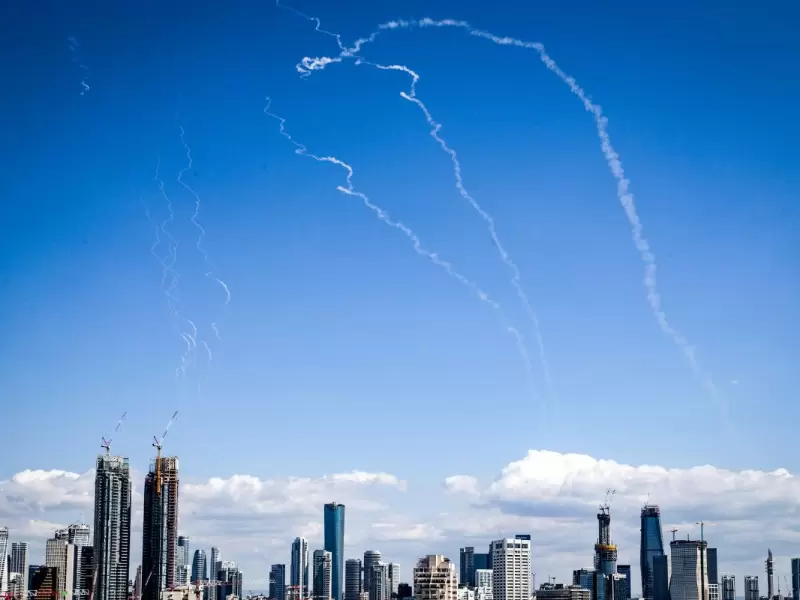

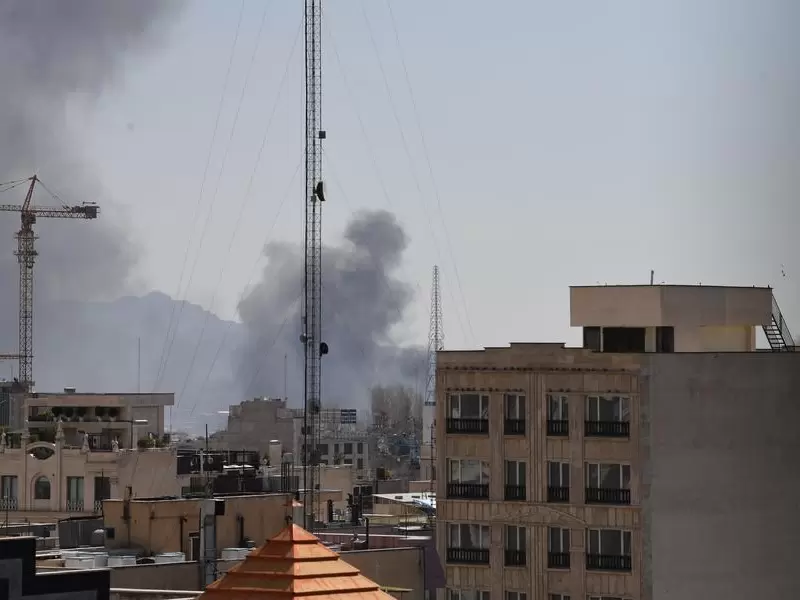

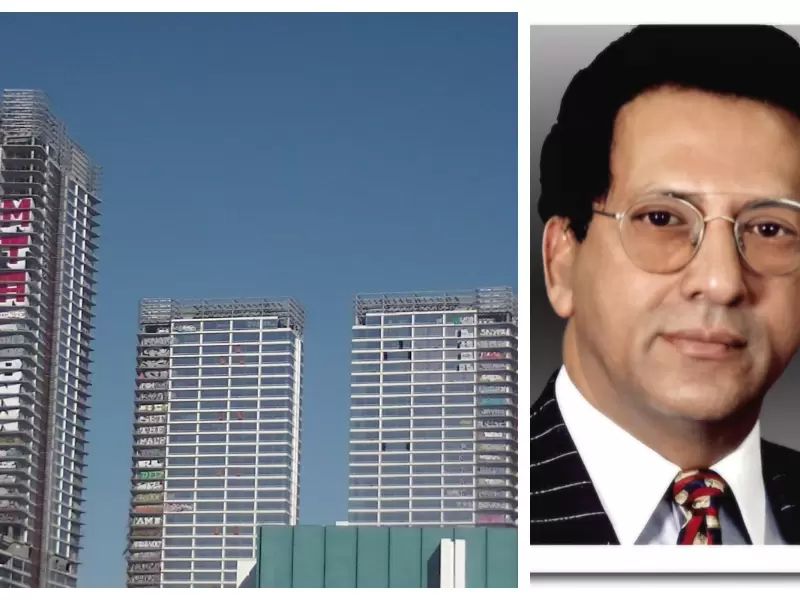
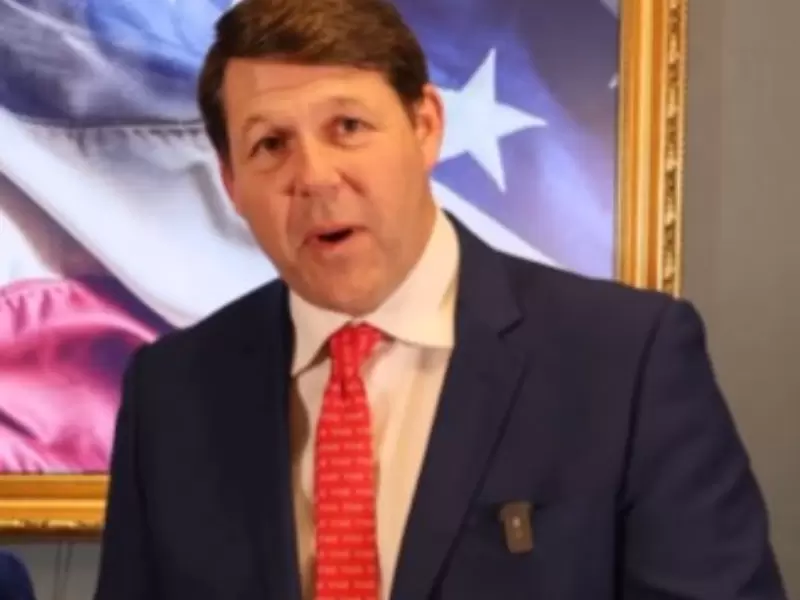

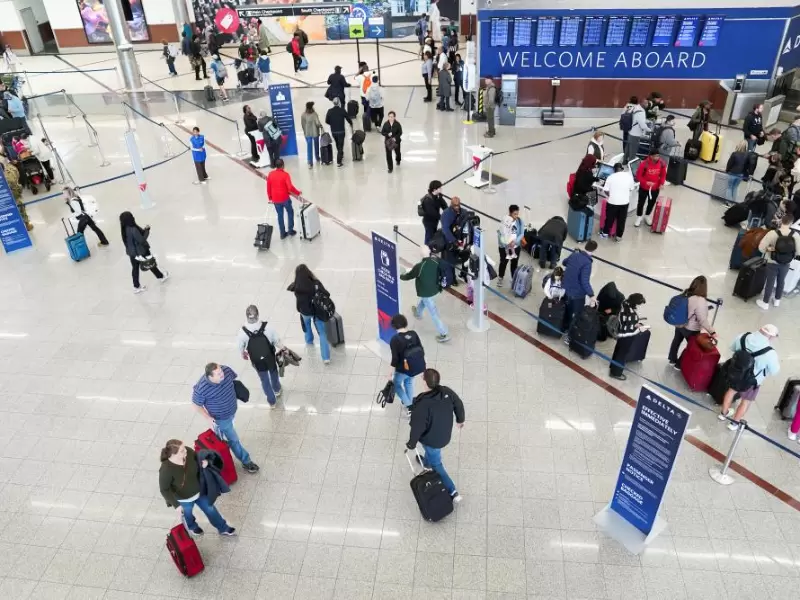
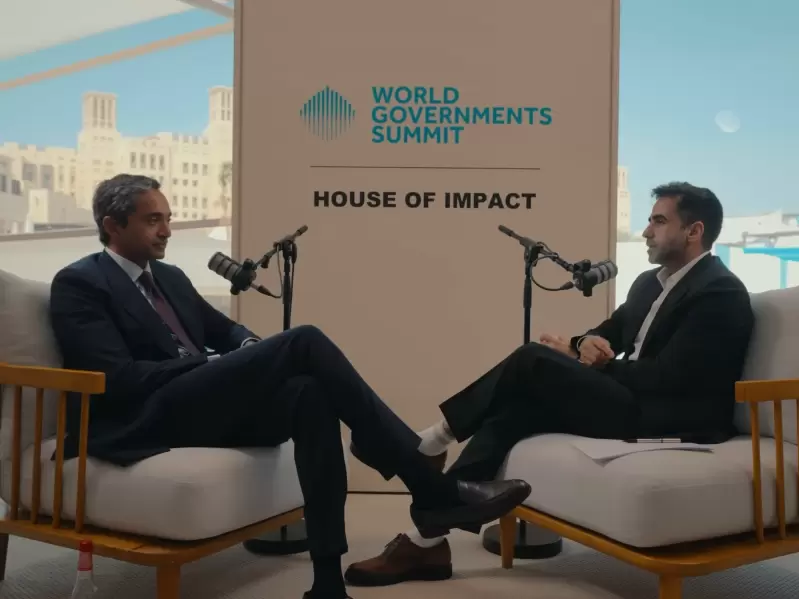


Comments
Start the conversation
Become a member of New India Abroad to start commenting.
Sign Up Now
Already have an account? Login